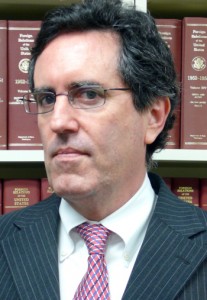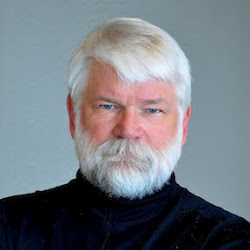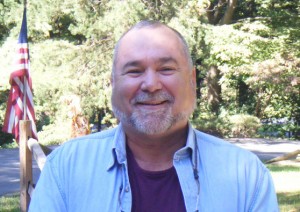
UPDATE: White House ‘secede’ petitions reach 675,000 signatures, 50-state participation
States whose active petitions have not yet reached the 25,000 signature threshold include Alaska, Arkansas, Arizona, California, Colorado, Connecticut, Delaware, Hawaii, Idaho, Illinois, Indiana, Iowa, Kansas, Kentucky, Maine, Maryland, Massachusetts, Michigan, Minnesota, Mississippi, Missouri, Montana, Nebraska, Nevada, New Hampshire, New Jersey, New Mexico, New York, North Dakota, Ohio, Oklahoma, Oregon, Pennsylvania, Rhode Island, South Carolina, South Dakota, Utah, Vermont, Virginia, Washington, West Virginia, Wisconsin and Wyoming.
UPDATED: Citizens From Over 30 States Submit Secession Petitions to White House
Louisiana, 28,880; Texas, 77,732; Florida, 22,181; Alabama, 20,549; North Carolina, 19,452; Kentucky, 12,719; Mississippi, 12,731; Indiana, 13,394; North Dakota, 8,812; Montana, 9,838; Colorado, 14,681; Oregon, 10,429; New Jersey, 9,988; New York, 11,326; South Carolina, 15,653; Arkansas, 14,948; Georgia, 21,206; Missouri 12,659; Tennessee, 19,875; Michigan, 13,370; Oklahoma, 11,580; Nevada, 6,371; Arizona, 12,451; Pennsylvania, 8,061; Delaware, 4,876; South Dakota, 2,014; Nebraska, 2,434; Kansas, 3,340; Alaska, 3,424; California, 6,181; Utah, 4,465; West Virginia, 2,257; Wyoming, 4,543.
Continue reading “Eagle: 50 States File Secession Petitions”






